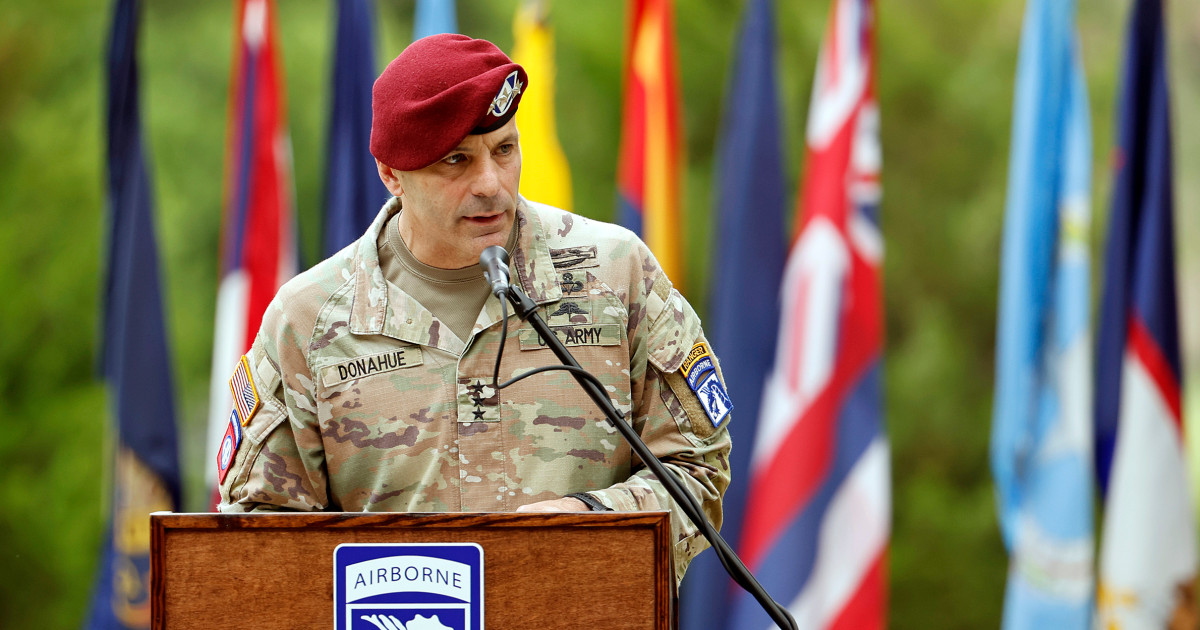Tulsi Gabbard, the former Democratic congresswoman and President-elect Donald Trump’s choice to be his director of national intelligence, was reportedly placed on a TSA watchlist earlier this year. The list, known as “Quiet Skies,” flags individuals for additional security screenings based on patterns of travel and foreign connections.
According to a new CNN report, Gabbard’s inclusion on the list was triggered by an algorithm that flagged her travel history and overseas associations. However, the report states that she was quickly removed from the watchlist after publicly claiming she had been added to a “secret terror watchlist,” an assertion she made during an appearance on social media in September.
Gabbard had suggested that her placement on the list was politically motivated, accusing the Biden administration of targeting her for her outspoken criticism of Vice President Kamala Harris. “The Harris-Biden regime has now labeled me a domestic terror threat,” she posted on X (formerly Twitter). “Why? They see me as a threat to their power.”
However, sources familiar with the matter disputed Gabbard’s claims, explaining that her inclusion on the Quiet Skies list was likely tied to her international travel patterns, including a 2017 visit to Syria, where she met with the regime of President Bashar al-Assad.
While Gabbard’s brief placement on the list may not have been based on any direct national security concerns, the episode raises questions about the vetting process for individuals nominated to top intelligence positions. It is reportedly unusual for someone nominated for a high-profile role like director of national intelligence to be flagged for additional screening, CNN noted.
Officials indicated that Gabbard’s foreign travel and international contacts would typically be examined during a standard background check for a top intelligence post. However, Trump’s administration may seek to bypass some of these standard procedures in an effort to expedite confirmations.
The TSA’s Quiet Skies program is designed to enhance security by using data on travel patterns and foreign connections to flag individuals for further screening. It is distinct from the FBI’s terrorist watchlist and has less stringent criteria for inclusion, CNN explained. The TSA itself emphasized that the program is not a terrorist watchlist and is based on a “risk-based, random, unpredictable” approach to security.
Gabbard’s time in the public eye has also been marked by controversy over her comments regarding Russia, particularly in relation to the war in Ukraine. Some Republican Senators are reportedly wary of her candidacy for national intelligence chief, citing her past statements that have been seen as sympathetic to Russian narratives.
The episode underscores ongoing concerns about the influence of foreign connections and political rhetoric on U.S. security protocols, especially when it comes to high-level appointments in the intelligence community.
















